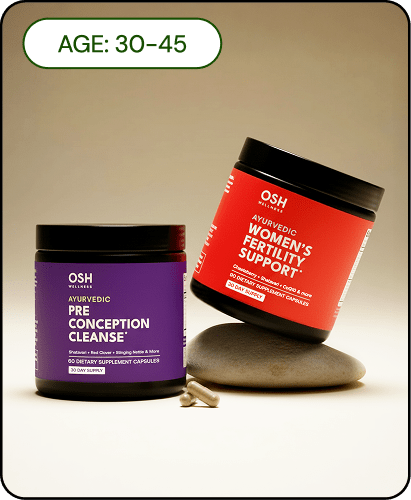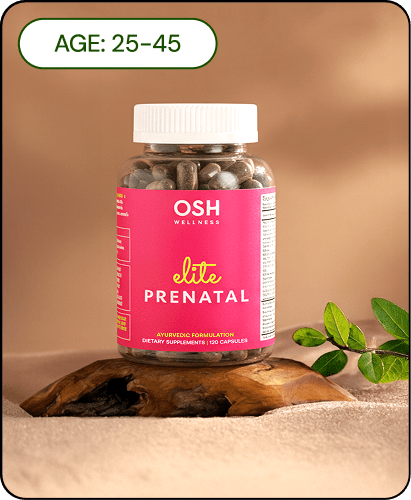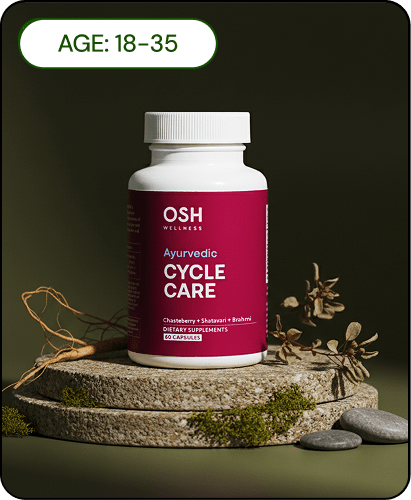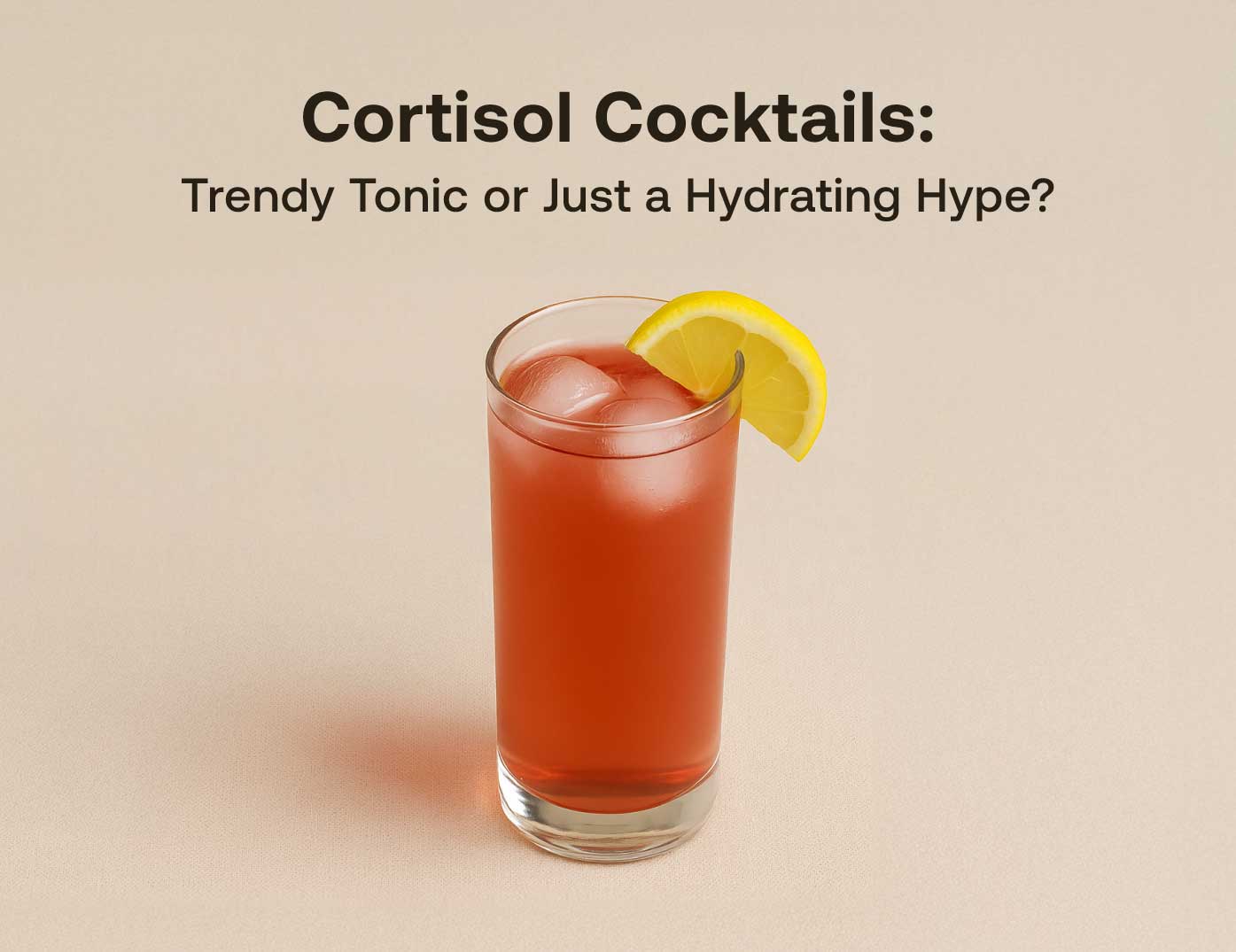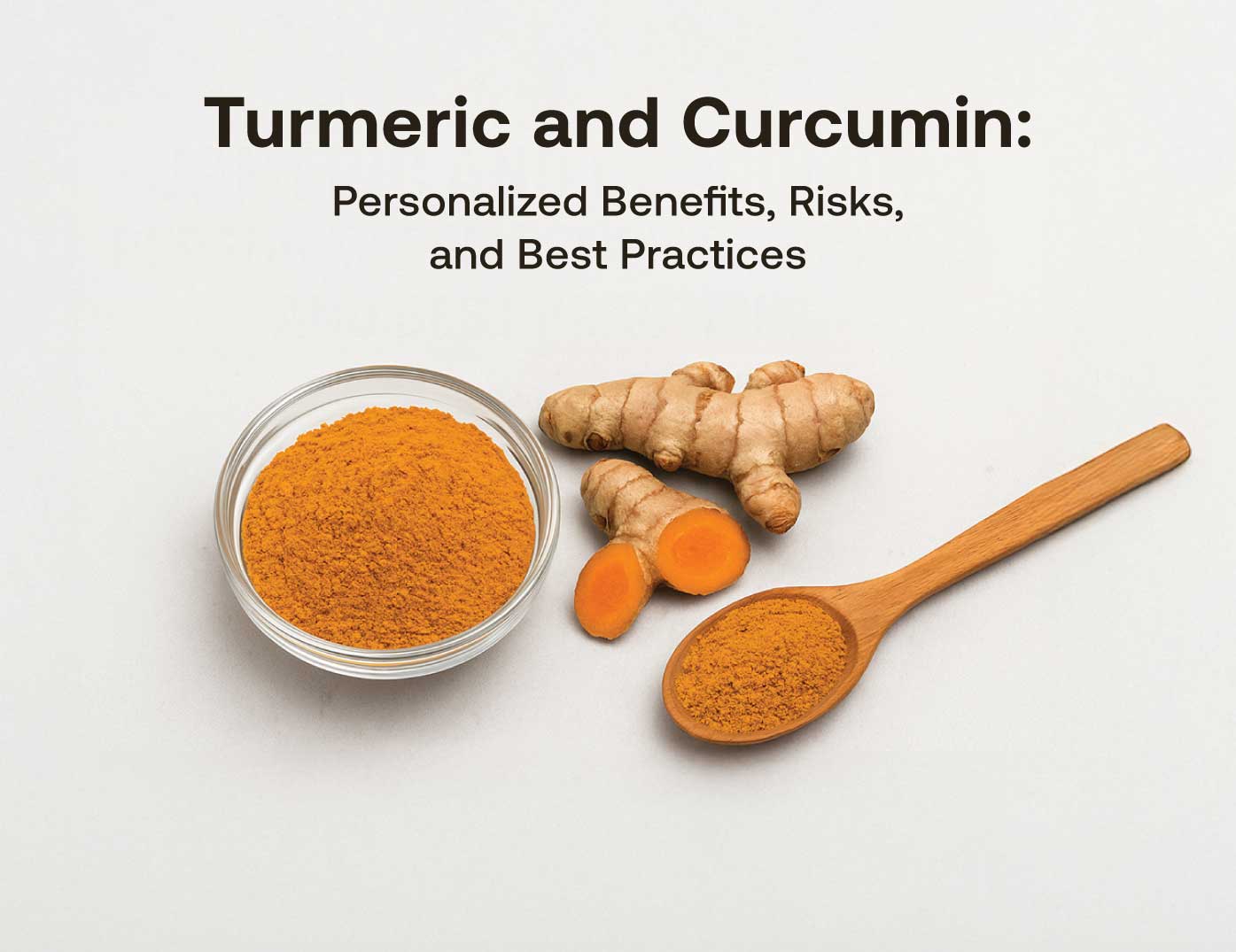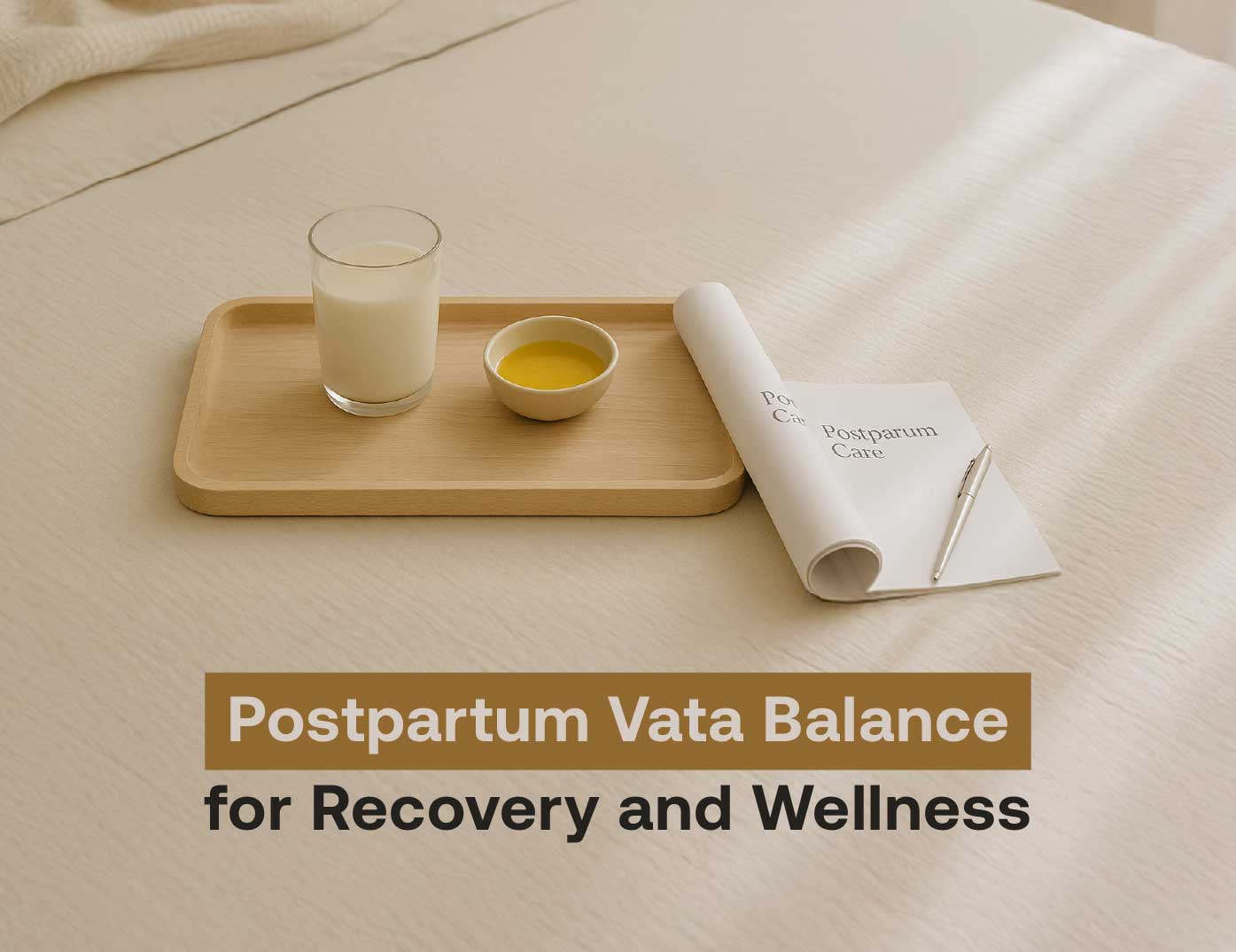Table of contents
In a world where stress is ever-present, the so-called "Cortisol Cocktail" has gained traction, especially among women looking for natural ways to manage stress. Promoted as a quick fix for reducing cortisol and enhancing relaxation, these drinks often claim to support adrenal health. But does the science back the hype? This article unpacks the reality behind cortisol cocktails and dives into effective strategies for managing stress and maintaining hormonal balance.
Understanding the Cortisol Cocktail Trend

The buzz around cortisol cocktails has swept across social media, particularly targeting women navigating intense lifestyle demands. Prominently featured on TikTok and Instagram, these wellness concoctions, also known as adrenal cocktails, are popularized as remedies for overcoming fatigue, anxiety, and hormonal imbalance. Common ingredients include:
Citrus juice for vitamin C
Coconut water for electrolytes and potassium
Mineral salt for sodium replenishment
Magnesium supplements to support the nervous system
Proponents claim these drinks offer benefits like better energy, reduced anxiety, and improved sleep-an alluring promise for overwhelmed women juggling careers, parenting, or menopause-related changes [1]. Influencers amplify these messages, painting cortisol cocktails as more than just beverages-portraying them as lifestyle enhancers [2].
However, health experts urge caution. While the hydration and self-care rituals behind these drinks may contribute to temporary relief, scientific data on their ability to lower cortisol or support adrenal function is lacking. Medical professionals point out that these cocktails offer hydration benefits but shouldn't replace evidence-based approaches like diet, exercise, or therapy [3].
Stress and Cortisol: The Science Behind It

To understand why cortisol cocktails attract so much interest, it's crucial to look at what cortisol actually does. Cortisol is a glucocorticoid hormone released by the adrenal glands through activation of the hypothalamic-pituitary-adrenal (HPA) axis in response to stress. Its natural functions include:
Regulating metabolism and energy levels
Supporting cardiovascular function during acute stress
Suppressing inflammation
Assisting in blood pressure regulation
In small, acute doses, cortisol is essential. But chronic stress can lead to consistently elevated levels, which may suppress immunity, disrupt sleep, and even contribute to serious conditions like insulin resistance, hypertension, and neurological disorders such as Alzheimer’s and Parkinson’s [4]. Clearly, managing cortisol levels effectively is crucial for long-term health and quality of life.
Debunking Myths About Cortisol Cocktails

While these drinks may be popular on social media, a closer look reveals they often promise more than they deliver. A typical cortisol cocktail might consist of orange juice, sea salt, coconut water, and add-ons like collagen or cream of tartar. Each ingredient offers hydration or nutrients, but substantial clinical evidence supporting their impact on cortisol is insufficient [5].
Despite claims of boosting energy or reducing hormonal stress, most of the perceived effects are tied to the placebo effect or improved fluid intake. In fact, many medical experts equate these drinks to homemade sports beverages that aid hydration more than hormonal balance [6]. Additionally, individuals with kidney disease or diabetes should be cautious, as excess sodium and sugar could exacerbate symptoms [7].
While they may be enjoyable and possibly refreshing, cortisol cocktails fall short of being a reliable tool for managing stress or hormones.
Effective Strategies for Managing Cortisol Levels

True stress management requires a multifaceted, science-backed approach. Here are the most effective strategies for regulating cortisol:
1. Physical Activity
Engaging in regular movement, aerobic, and strength training helps stabilize cortisol and improve mood. However, too much intense exercise can elevate cortisol, so balance is key [8].
2. Sleep Hygiene
Aiming for 7–9 hours of sleep daily is vital. Establishing a consistent routine, minimizing blue light exposure, and avoiding caffeine before bed support better sleep and hormonal regulation [9].
3. Nutrition
Adopt a balanced, whole-food diet with anti-inflammatory elements like fruits, vegetables, and healthy fats
Include omega-3s and fermented foods for gut and brain health [10]
Reduce refined sugar, especially at night [11]
4. Mindfulness and Relaxation
Techniques such as meditation, deep breathing, and yoga can significantly lower cortisol by calming the nervous system [12].
5. Social Support
Maintaining healthy relationships and engaging in supportive communities reduces emotional strain and offers psychological resilience [9].
Real-Life Applications: Success Stories

Case studies offer compelling examples of how lifestyle overhauls can yield measurable health improvements:
Sarah used daily meditation and exercise to overcome social anxiety without medication [13].
John, a marketing manager, reduced job stress through therapy and mindfulness tools [14].
Emily, a university student, alleviated insomnia and panic attacks through time management, goal setting, and physical activity [15].
Another participant worked with a stress coach for a year and successfully came off anxiety medication [16].
These stories highlight that consistently practicing customized interventions, such as therapy, mindfulness, and self-care, can lead not only to stress reduction but also to reduced reliance on pharmaceuticals.
Expert Insights on Stress Management

Health professionals agree that a team-based, integrative approach is often most effective for stress relief in adults, especially women in their midlife years. Suggestions include:
Participating in peer support or group sessions to alleviate isolation [17]
Utilizing CBT and mindfulness interventions for managing emotional fatigue [18]
Embracing Ayurvedic practices, such as Ashwagandha, meditation, and Abhyanga oil massages, which align both mind and body [19]
The combination of Western behavioral science and Eastern holistic wellness offers a comprehensive framework for navigating today’s stress landscape.
Relevant Product Spotlights
One wellness product that aligns with these approaches is Osh Wellness Hormone & Mood Support. Designed with natural ingredients, it targets hormonal balance, helps lower cortisol levels, and supports the body’s stress response system.
Conclusions

Ultimately, while cortisol cocktails may bring a refreshing break to your day, their tangible effects on hormone regulation remain unproven. Instead, implementing evidence-based practices such as mindfulness, quality sleep, physical activity, social connections, and proper nutrition is a more reliable path to managing cortisol. With growing awareness and access to holistic tools, women can make informed decisions on supporting their health naturally and sustainably.
FAQs
What is a cortisol cocktail?
A hydrating drink with ingredients like citrus juice and electrolytes, believed to reduce cortisol.
Can relaxation techniques lower cortisol?
Yes. Practices like mindfulness and deep breathing support cortisol regulation.
What lifestyle changes manage stress effectively?
Sleep hygiene, exercise, a balanced diet, and supportive relationships play key roles.
How else can I manage stress?
Consider therapy, peer support, holistic approaches, and evidence-based wellness products.
Are there side effects from cortisol cocktails?
Mostly mild, but consult your doctor if you have specific health conditions.
Sources
1: HOLA - The Rise of the Cortisol Cocktail
2: Calm - The Cortisol Cocktail Craze
3: Healthline - Cortisol Mocktails and Stress Relief
4: PMC - The Role of Cortisol in Health
5: Medical News Today - Adrenal Cocktail: Everything You Need to Know
6: Dr. Ruscio - The Real Science Behind Cortisol Cocktails
7: WebMD - What You Should Know About Cortisol Cocktails
8: BSWH Health - How to Lower Cortisol Naturally
9: CBWCHC - Managing Stress & Lowering Cortisol
10: Medical News Today - What Is Cortisol?
11: Healthline - 10 Ways to Lower Your Cortisol
12: Mayo Clinic - Relaxation Techniques
13: CPD Online - Overcoming Anxiety
14: Genesis Therapy - Stress Management Case Studies
15: NCBI - Case Reports in Stress Management
16: Stress Right - Testimonials
17: Fierce, Inc. - Strategies for Healthcare Workers
18: SAMHSA - Behavioral Health and Wellness
19: Reviving Rituals - Managing Stress with Ayurveda


